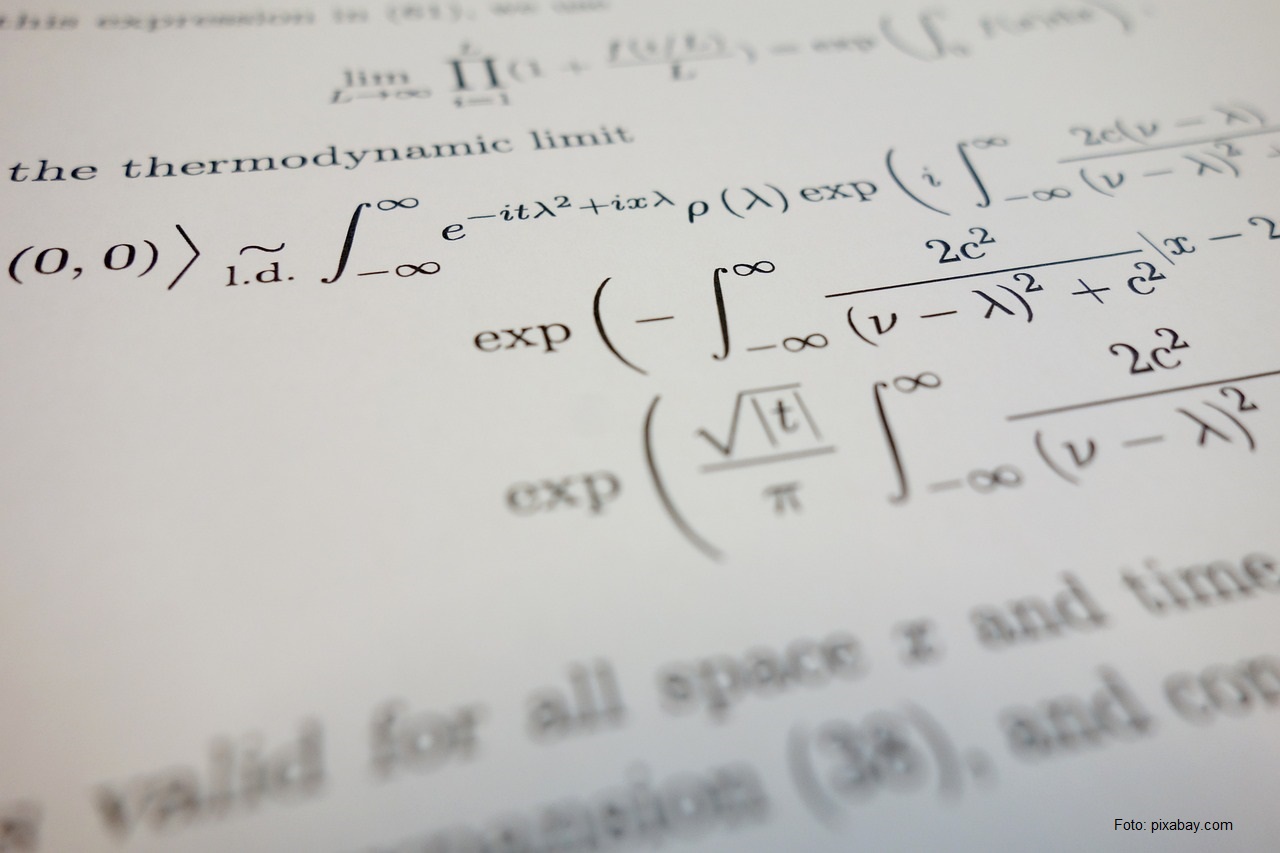Vasile Luca
The Red Army imposed communist party regimes in the countries of Central and Eastern Europe

Steliu Lambru, 21.10.2024, 13:09
From the end of World War II in 1945 until 1989, the Red Army imposed communist party regimes in the countries of Central and Eastern Europe. They were led by leaders obedient to Moscow who did not hesitate to remove their comrades when they became competitors. Especially until Stalin’s death in 1953, the pattern of behavior was the same in all communist countries: democracy in the party meant settling personal disputes with a bullet in the back of the head or throwing in prison. It was also the case of Vasile Luca, illegal communist activist and important leader after 1945. After a dispute with Gheorghiu-Dej and his group, Vasile Luca would end up in Aiud prison in 1963.
Vasile Luca was born in 1898 in Covasna, a county with a majority Hungarian population that was then in Austria-Hungary. Regarding his ethnicity there are disputes, some historians and memorialists state that he was ethnically Hungarian, others that he was ethnically Magyarized Romanian. It is certain that Luca was a fluent Hungarian speaker and in 1919, during the Hungarian Soviet Republic led by Bela Kun, he was already a communist and an ardent supporter of the Soviet Union. After the Hungarian communist revolution was liquidated by the Romanian army, Luca became a railway worker and became involved in the illegal activities of the Communist Party in Romania and in the organization of labor strikes, such as the Lupeni miners’ strike of 1929, and Valea Jiului in 1933. He also held positions in the party hierarchy, secretary of the organizations in Brașov and Iasi. For his subversive actions he was arrested several times, but released after serving small sentences. After the Soviet Union occupies Bessarabia and Northern Bukovina in June 1940, he is released, receives Soviet citizenship, and even becomes a deputy in the Supreme Soviet during the war years. He received the rank of major in the Red Army and had an intense activity among the Romanian prisoners in the USSR, urging them to enroll in the “Tudor Vladimirescu” division, a division with an essential role in the sovietization of the Romanian army after 1945.
After the defeat of Nazi Germany, Romania was occupied by the Soviets, like the other East-Central European countries, and the Romanian Communist Party became the agent of profound changes in Romania. Vasile Luca, part of the so-called Muscovite group, together with Ana Pauker and other communists from the USSR, will be the favorite to occupy a high position in the state. It would happen on November 5, 1947 when he is appointed Minister of Finance in the government led by Petru Groza. In the speech held on New Year’s Eve 1947-1948, Petru Groza himself wanted to note the co-optation of the Pauker-Luca couple in the new government team. “The arrival of Mrs. Ana Pauker at the head of the Ministry of Foreign Affairs, of Mr. Vasile Luca at that of Finance and, recently, of Mr. Emil Bodnăraş at National Defense, allowed the faster development of our popular democracy. The changes in the government contributed to the conclusion of a fair economic-financial policy of the democratic regime, and to the consolidation of the national currency.”
But the group led by Dej, of communists who had served many years in prison in Romania, opens hostilities against the “Muscovites”. In May 1952, following the typical Stalinist trials, at the plenary of the Central Committee of the Romanian Workers’ Party, Luca is accused of right-wing deviationism and anti-party activities, and excluded. In August 1952, he was arrested and tried, and in 1954 he was sentenced to death for treason. Later, his sentence is commuted to life imprisonment. Vlăduț Nisipeanu was, at that time, a young communist. In 1999, interviewed by the Oral History Center of Romanian Broadcasting, Nisipeanu remembered the famous plenary.
“I remember very well that plenary in 1952 when Vasile Luca and Ana Pauker were exposed, removed from the leadership of the party, and arrested. I didn’t go to the plenary, I was young then, I was 19 years old. I was too young, but I was interested in this work. I was also curious what was happening that we had to take down the portraits from the walls. One would pick them up and another would put them down. I didn’t throw them, I turned them to face the wall, because maybe I may need them again. One of them asked me what I was doing with the paintings and I answered that I had taken them to the attic. I was told to be careful with them, I still kept them. Then the first secretary made us a processing. He told us that it was the plenary session of the party leadership that had exposed the deviation to the right, or to the left in other cases, of this group that wanted to remove Gheorghe Gheorghiu-Dej, our dear leader. But the truth, if you somehow looked for it, you found in the middle, in the center. But who was looking for the center? No one was looking for this thing. Their portraits were thrown away, their arrest and punishment followed.”
In 1968, Nicolae Ceaușescu, in his intention to resolve former intra-party disputes, also rehabilitated Vasile Luca, along with the other communists liquidated by Dej. But history took its deserved revenge on one of those who had put their full efforts towards crime and lawlessness.





























